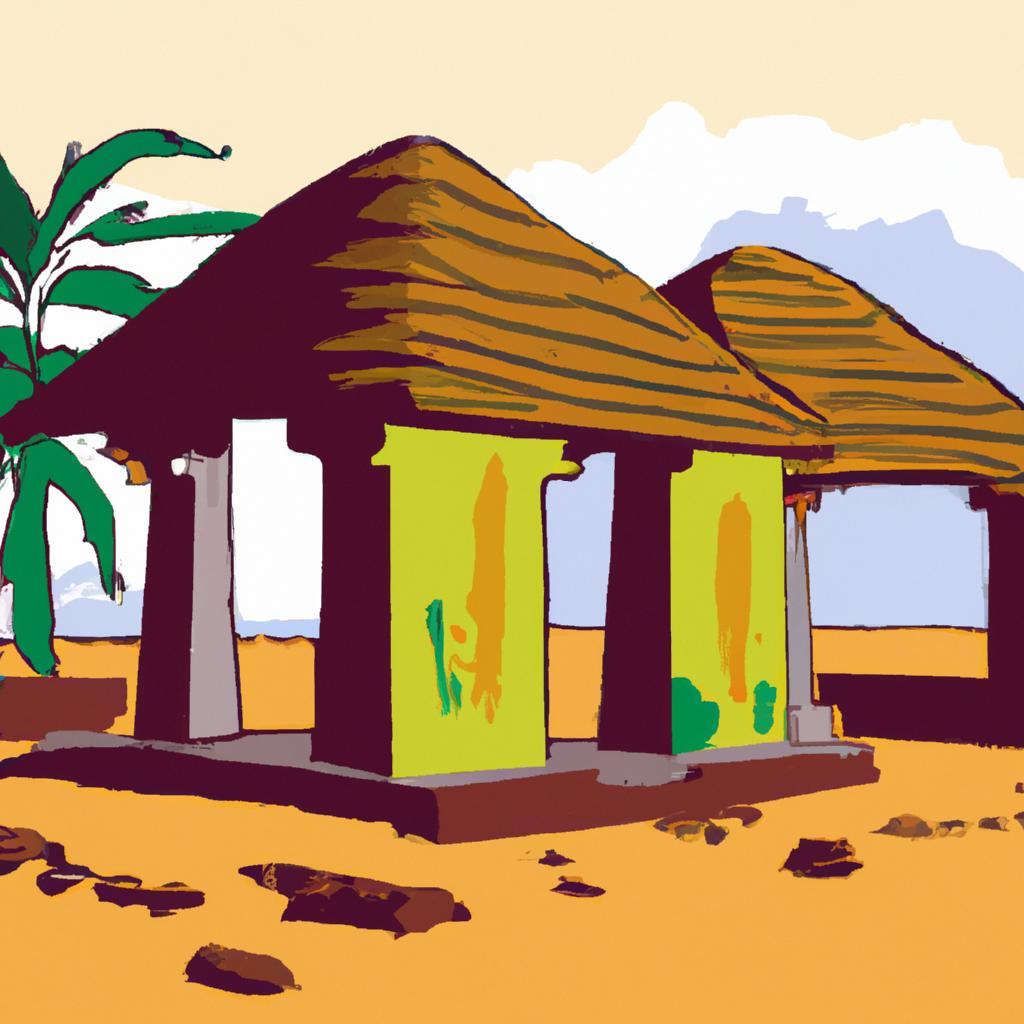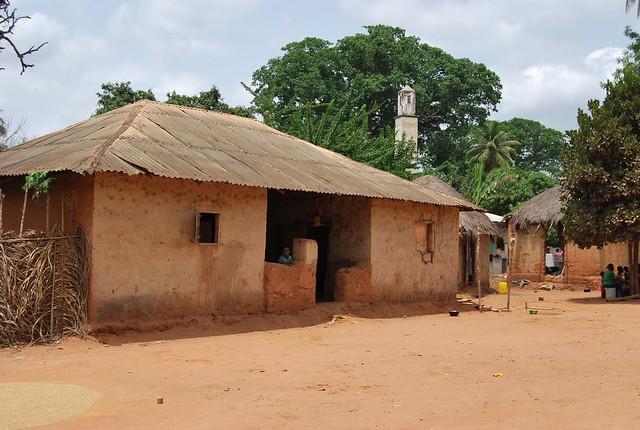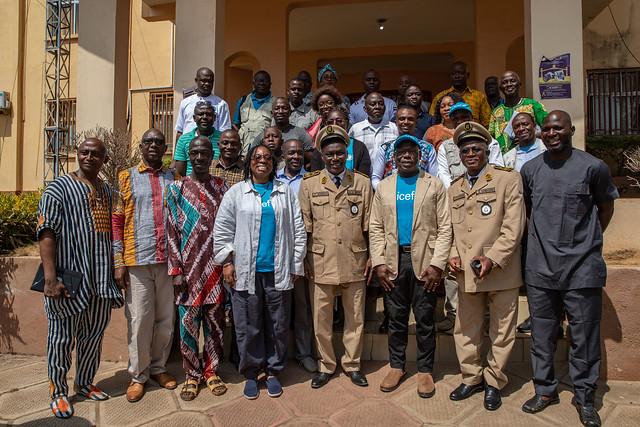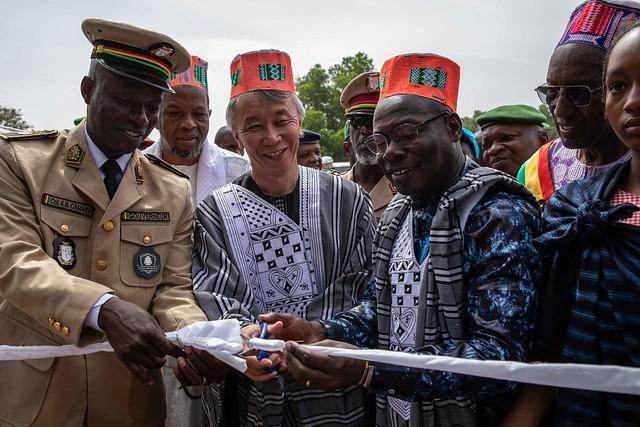Boké Prefecture
Overview
### Overview of Boké Prefecture
Boké Prefecture, located in the northwestern part of Guinea along the Atlantic coast, is a region steeped in rich cultural heritage and natural beauty. Known for its diverse ethnic groups, including the Landuma, Nalu, and Baga, Boké offers a unique glimpse into the vibrant traditions and lifestyles of its inhabitants. The area is also renowned for its lush landscapes, including mangrove forests and savannahs, which provide a stunning backdrop to the local culture. The capital of the prefecture, also named Boké, serves as a central hub where visitors can immerse themselves in local customs, cuisine, and community events, making it a fascinating destination for those interested in exploring West African culture.
### Best Time to Visit and Activities
The high season for tourism in Boké is typically during the dry season, which runs from November to February. During this period, the weather is cooler and more comfortable for exploring, with less humidity and minimal rainfall. This is the perfect time for teenagers to engage in outdoor activities such as hiking in the nearby mountains, bird watching in the mangroves, or visiting local villages to learn about traditional crafts and practices. Cultural festivals and market days, which are vibrant and colorful, provide an excellent opportunity for visitors to experience local music, dance, and cuisine firsthand. Additionally, the coastal location offers opportunities for beach activities and exploring the marine environment.
### Preparation for Travel
Before visiting Boké Prefecture, there are several preparations that travelers should make to ensure a smooth and enjoyable trip. Firstly, securing a valid visa is essential, as it is required for most international visitors entering Guinea. Vaccinations for diseases such as yellow fever and malaria prophylaxis are highly recommended due to the prevalence of these conditions in the region. Packing should include lightweight clothing suitable for warm weather, a sturdy pair of shoes for walking or hiking, and basic first aid supplies. Additionally, learning a few phrases in French, the official language, or any local languages spoken in Boké can be incredibly beneficial in enhancing communication with residents. Lastly, it’s important to carry cash in local currency (Guinean franc), as access to ATMs and credit card facilities can be limited, especially outside of urban areas.
How It Becomes to This
History not available

You May Like
Explore other interesting states in Guinea








